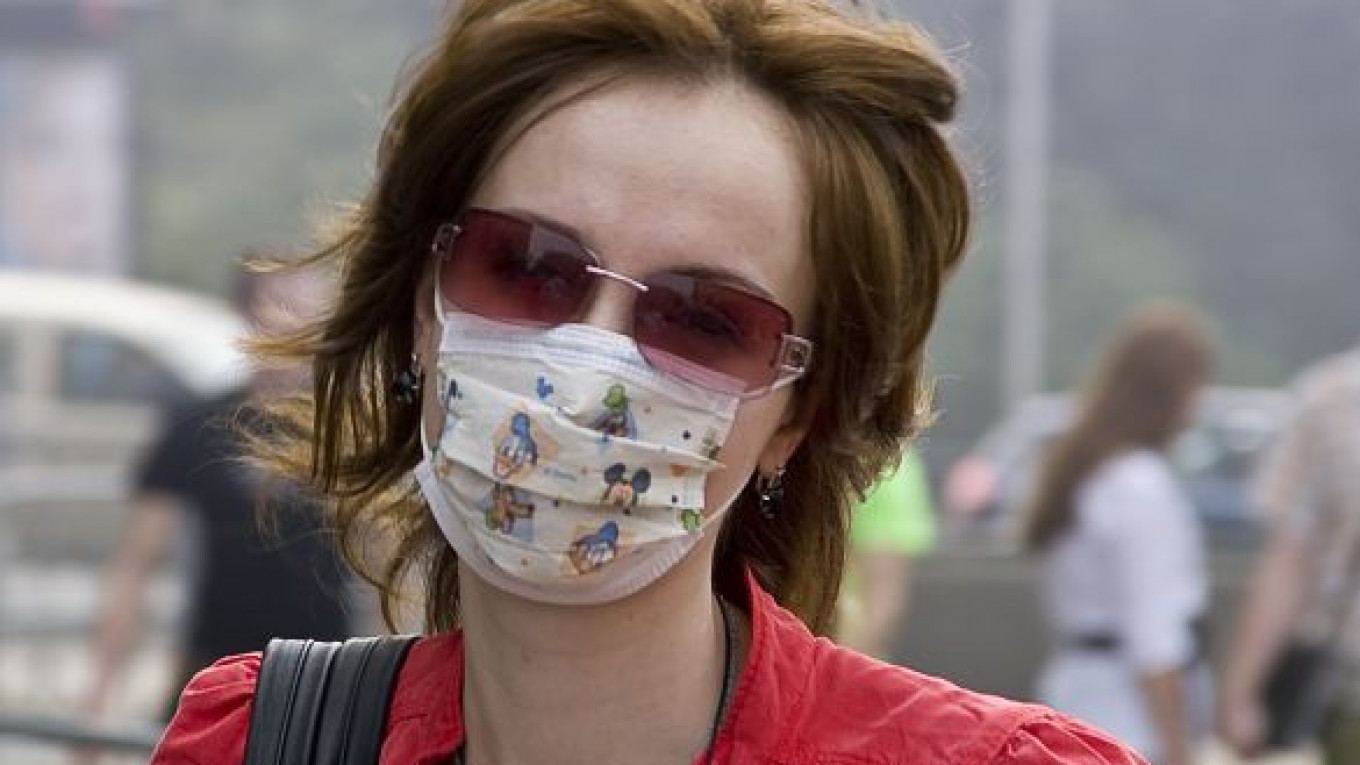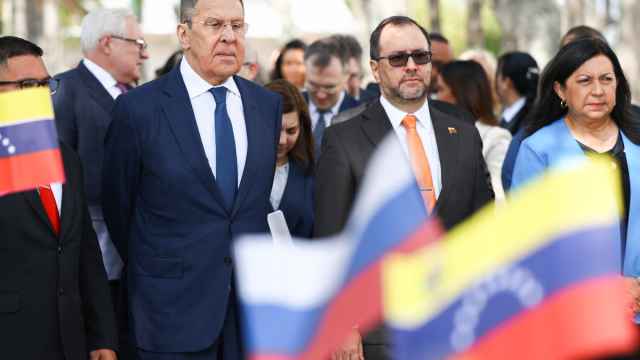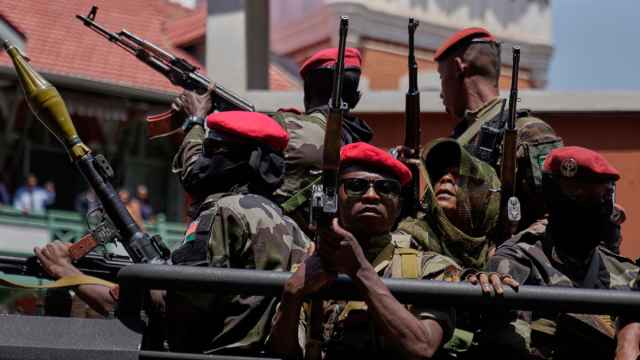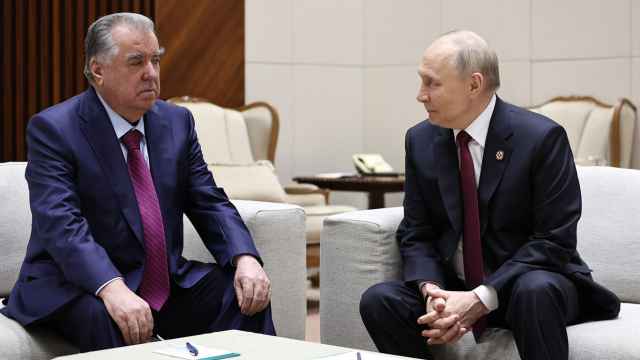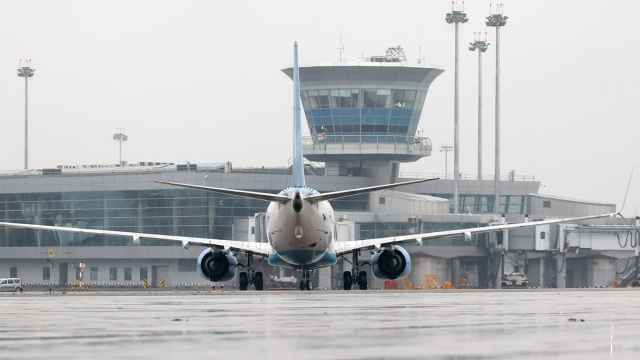WASHINGTON — The 2010 Russian heat wave that killed thousands and cut into that country's grain harvest was primarily due to natural variability, not human-spurred climate change, U.S. scientists said.
There was plenty of circumstantial evidence pointing to human-caused greenhouse gas emissions and the resulting rise in carbon dioxide in the atmosphere, but close investigation showed this was not a major factor, the scientists said in research published online in Geophysical Research Letters this week.
"It was an off-the-charts intensity event," Randall Dole of the U.S. National Oceanic and Atmospheric Administration said during a telephone news briefing. "It certainly was the most extreme event we had seen, dating back to at least 1880," when modern weather recordkeeping began.
Temperatures soared above 38 degrees Celsius in western Russia from July through mid-August 2010. In Moscow, where long-term daily average temperatures for July range from 18 to 20 C, daily average July 2010 temperatures climbed to 30.5 C. Daily average temperatures include nighttime.
More severe heat waves, intense droughts and wildfires were among the predictions made for a warming world in the 2007 report by the UN's Intergovernmental Panel on Climate Change. Also, the first six months of 2010 were the hottest, globally, on record.
However, Dole and his co-authors found that the kind of massive heat wave that hung over western Russia from July through mid-August was mainly because of a natural phenomenon called atmospheric blocking. This occurs when high atmospheric pressure builds up and refuses to budge, forcing any cool air and rains to detour around it, like a traffic island on a busy street.
The blocking pattern in Russia was a long-lasting, high-intensity weather pattern unlike any seen before around Moscow, the researchers said, and could not have been forecast far in advance.
This stubborn pattern in western Russia may have been related to the long period of rains that caused deadly flooding in Pakistan around the same time, said co-author Martin Hoerling, a research meteorologist at NOAA.
Whatever the cause of the record heat wave, the record high temperatures combined with poor air quality from wildfires increased deaths by at least 56,000 in Moscow and other parts of western Russia, according to Munich Reinsurance, and led to massive crop failures in the region.
While climate change was not a major factor, the expected increase in atmospheric carbon dioxide and global average temperatures could make this kind of extraordinary event — what Dole called a "climate surprise" — more common.
Computer models show the risk of such heat waves in western Russia could rise from less than 1 percent in 2010 to 10 percent or more by 2100 as the concentration of greenhouse gases in the atmosphere increases.
"It appears that parts of Russia are on the cusp of a period in which the risk of extreme heat events will increase rapidly," Hoerling said.
A Message from The Moscow Times:
Dear readers,
We are facing unprecedented challenges. Russia's Prosecutor General's Office has designated The Moscow Times as an "undesirable" organization, criminalizing our work and putting our staff at risk of prosecution. This follows our earlier unjust labeling as a "foreign agent."
These actions are direct attempts to silence independent journalism in Russia. The authorities claim our work "discredits the decisions of the Russian leadership." We see things differently: we strive to provide accurate, unbiased reporting on Russia.
We, the journalists of The Moscow Times, refuse to be silenced. But to continue our work, we need your help.
Your support, no matter how small, makes a world of difference. If you can, please support us monthly starting from just $2. It's quick to set up, and every contribution makes a significant impact.
By supporting The Moscow Times, you're defending open, independent journalism in the face of repression. Thank you for standing with us.
Remind me later.


